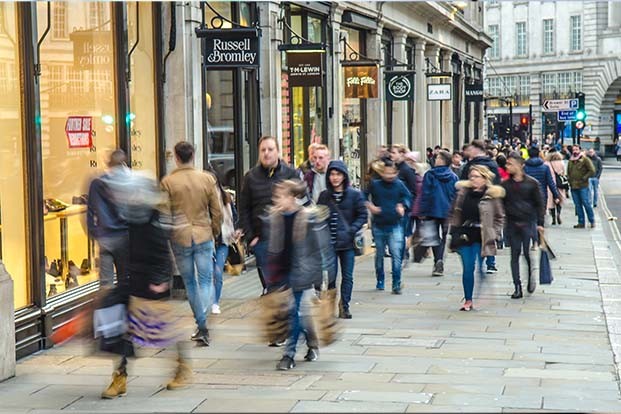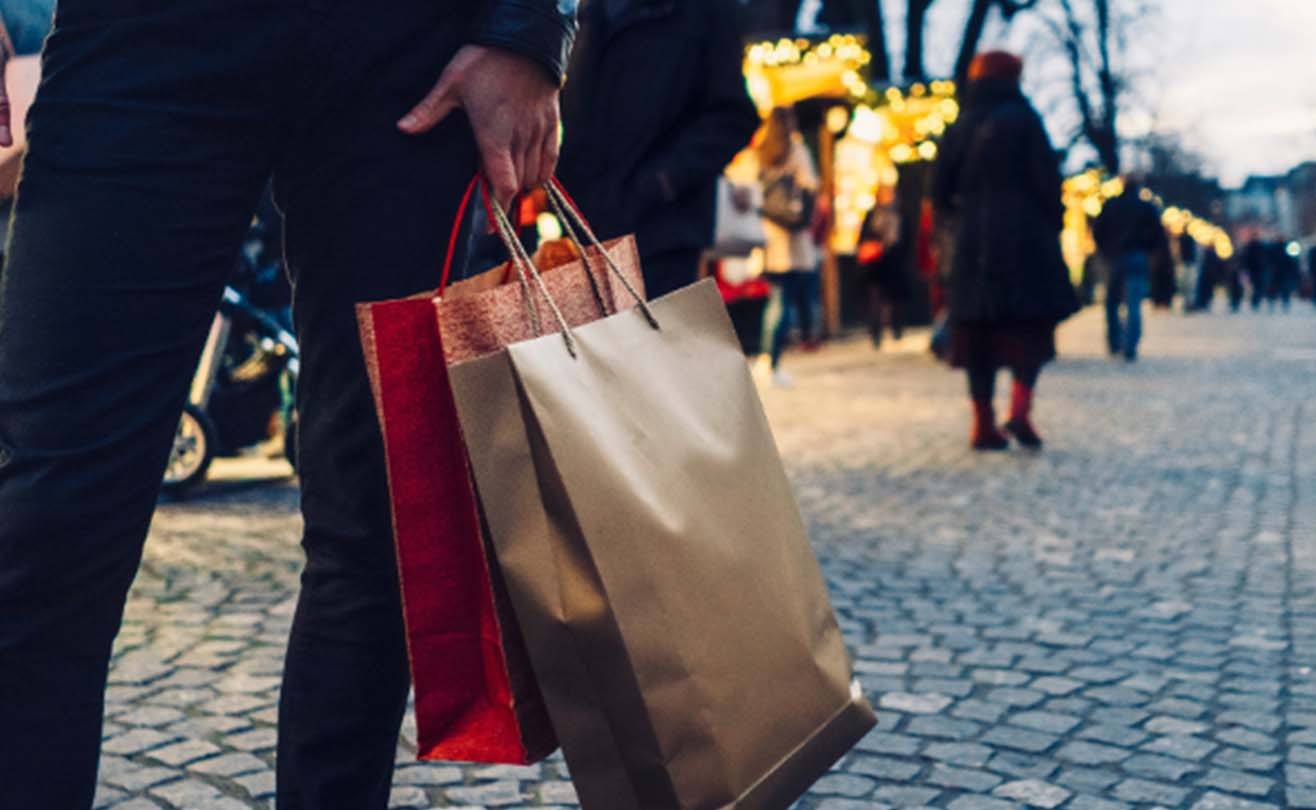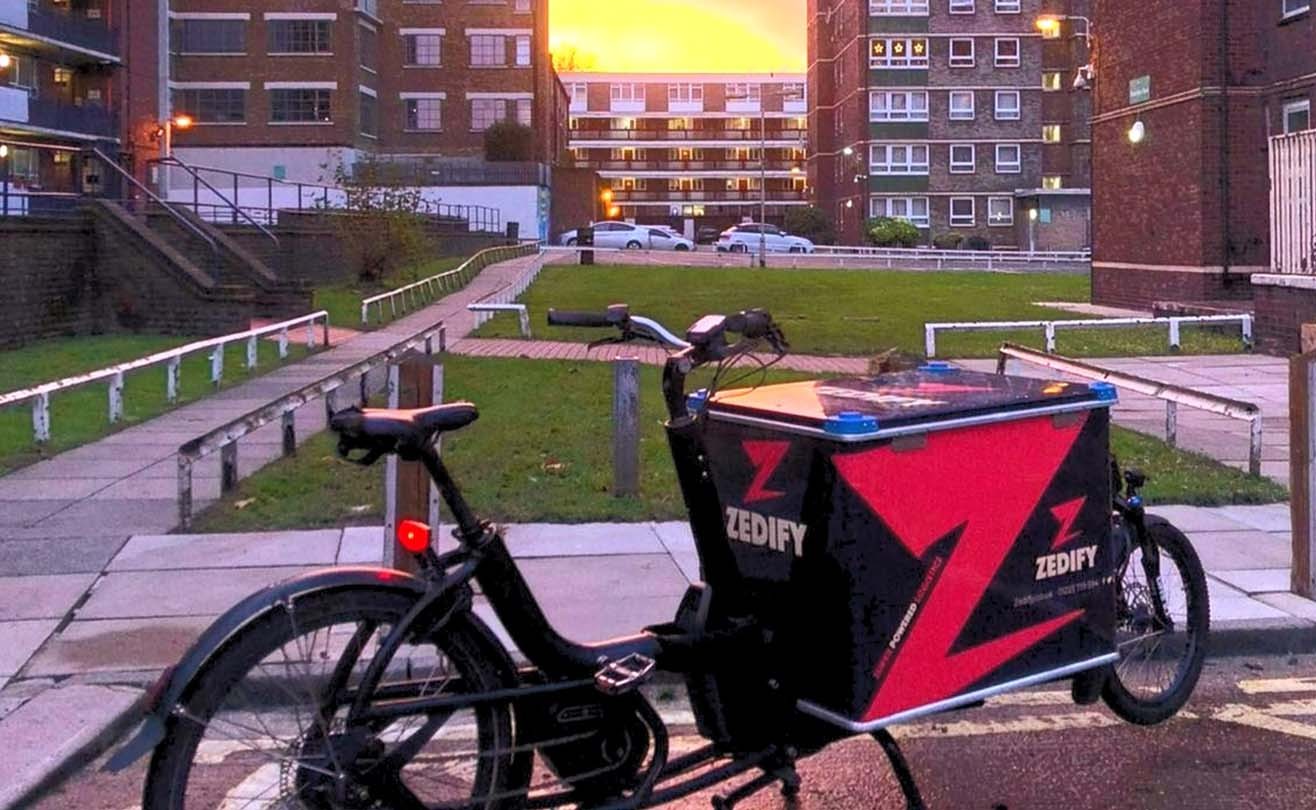
ZedifyxUNIDAYS:WhatdoGenZwantrightnow?
 November 1st, 2022
November 1st, 2022 Bex Young
Bex Young 3 minute read
3 minute readThe pressure is mounting on retailers to make smart business choices to ensure consumers’ sustainability needs are being met. Retail’s most influential and powerful purchasers, due to the capability of social media to influence buying trends, is Gen Z – the generation born between 1997 and 2012. So, Zedify recently teamed up with student discount website UNiDAYS, which operates worldwide, to find out an answer to the question that’s becoming common in eco-conscious retail circles – ‘Should fashion’s last mile go green for Gen Z?’
We interviewed a panel of 1720 UNiDAYS’ UK student members to better understand the environmental and ethical drivers behind their purchasing decisions.
Here’s what we learned about Gen Z, the last mile and the opportunities for retailers.
Read on below for the headlines, and make sure you download the full report here.
Gen Z want (even expect) brands to reflect their own consumer values
39% of consumers believe responsibility for products being environmentally and socially sound lies with the companies who sell them. Unlike other generations, there’s a growing trend for Gen Z to expect sustainability principles to be a given. Sustainability creds are no longer just a ‘nice to have’ for businesses. 67% of Gen Z prefer brands that appeal to their social conscience, and there is an apparent say-do gap which points to an expectation for brands to have catered for sustainability.
Gen Z is serious about sustainability but they want a green path of least resistance laid out for them by brands and they don’t want to pay more for it. But should that path of least resistance include the last mile? Our research suggests there’s a significant opportunity to stand out, gain competitive advantage and grow market share in this area.
Fashion choices are changing: students are buying products based on environmental credentials
86% of those who use preloved shops and apps do so for the lower prices. But nearly 3 in 4 (73%) do so to help the environment. Our insights also reveal 55% of students are buying more eco-friendly products than a year ago.
1 in 2 students would opt for a brand that delivers by bike rather than by van
Nearly half (48%) of students would be more likely to purchase a product if it was delivered by cargo bike. Just 4% would be less likely to purchase.
Retailers need not sacrifice speed or cost to achieve sustainability goals
The truth is, there’s no need to sacrifice affordable next-day delivery to secure a green last-mile halo. The notion that eco-delivery means slow delivery is a misnomer. With EV technology evolving to support a nationwide shipping network connected to robust inner-city networks of e-bikes and e-cargo bikes, fast, effective green delivery is available to retailers today.




